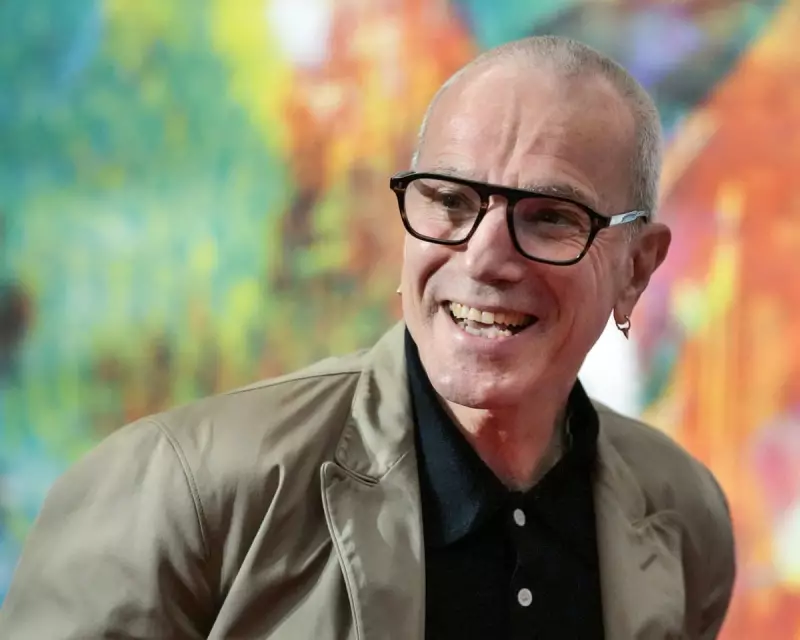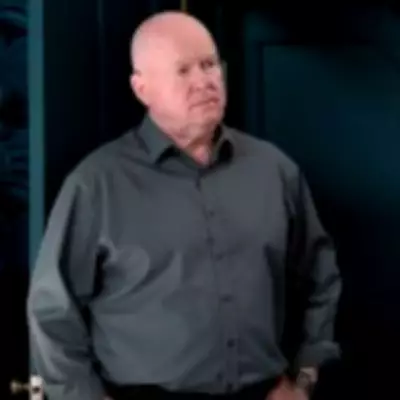
In a stunning revelation that's sending shockwaves through the acting community, two of Britain's most revered theatrical knights have launched a blistering attack on the controversial practice of method acting.
The Acting Titans Speak Out
Sir Daniel Day-Lewis, the three-time Oscar winner known for his complete immersion in roles, has surprisingly revealed he now finds the technique "exhausting." Meanwhile, Brian Cox, the formidable Succession star, didn't mince words when he described method acting as "a particularly American disease" that he finds "utterly exhausting and a pain in the arse."
A Clash of Acting Philosophies
The debate highlights a fundamental divide in contemporary acting approaches. Day-Lewis, despite his legendary commitment to roles that saw him learning butcher skills for Gangs of New York and living in character for months, now questions whether such extreme measures are necessary.
"There was a time when I believed total immersion was the only path to truth in performance," the retired actor reflected. "But as the years passed, I began to wonder if we were making the process unnecessarily difficult."
The Succession Divide
The controversy hits particularly close to home for Cox, who witnessed method acting firsthand from his Succession co-star Jeremy Strong. While Cox played media mogul Logan Roy with what he describes as "technical precision," Strong's approach to portraying Kendall Roy involved remaining in character throughout filming.
"Jeremy is a wonderful actor, but the constant staying in character? It wears on everyone," Cox revealed. "We're telling a story, not actually becoming these people."
Defending the Method
Despite the criticism, Strong remains unapologetic about his approach. In previous interviews, the Emmy-winning actor has defended his process, arguing that method acting allows him to access emotional truths that might otherwise remain elusive.
"For some of us, it's not a choice but a necessity," Strong has stated. "The character doesn't disappear when the director calls cut."
The Future of Acting
This public airing of differing approaches raises important questions about the evolution of acting techniques. As Day-Lewis put it: "Perhaps we're entering an era where we can honour the craft without losing ourselves completely. The goal has always been truth, and there are many paths to finding it."
The conversation continues to rage across theatre dressing rooms and film sets, proving that the art of performance remains as diverse and debated as ever.





